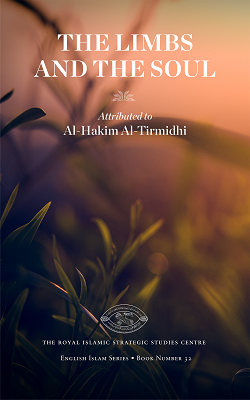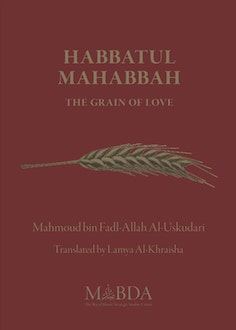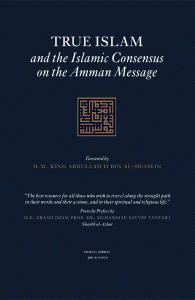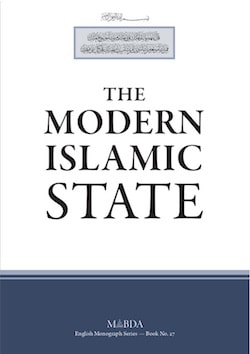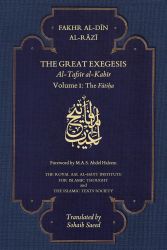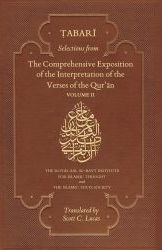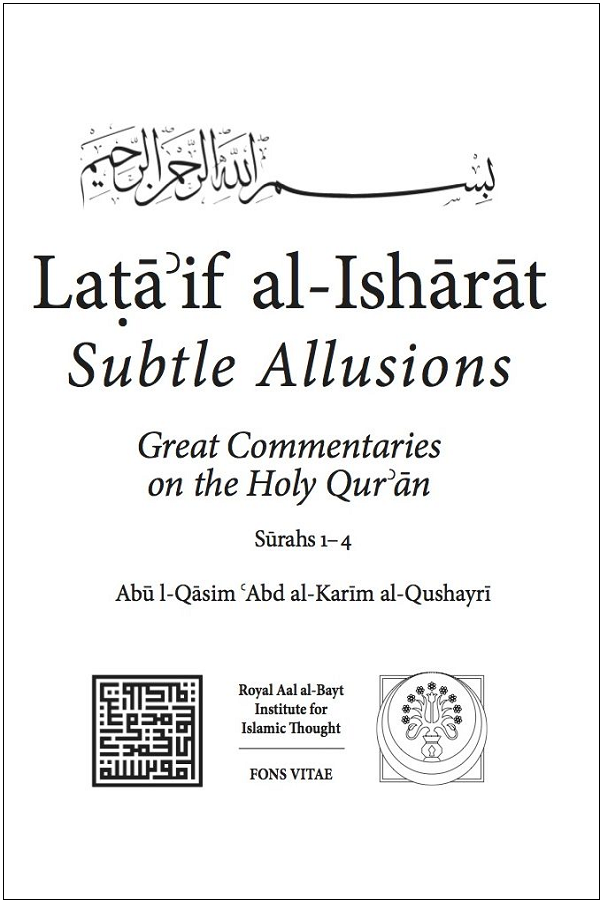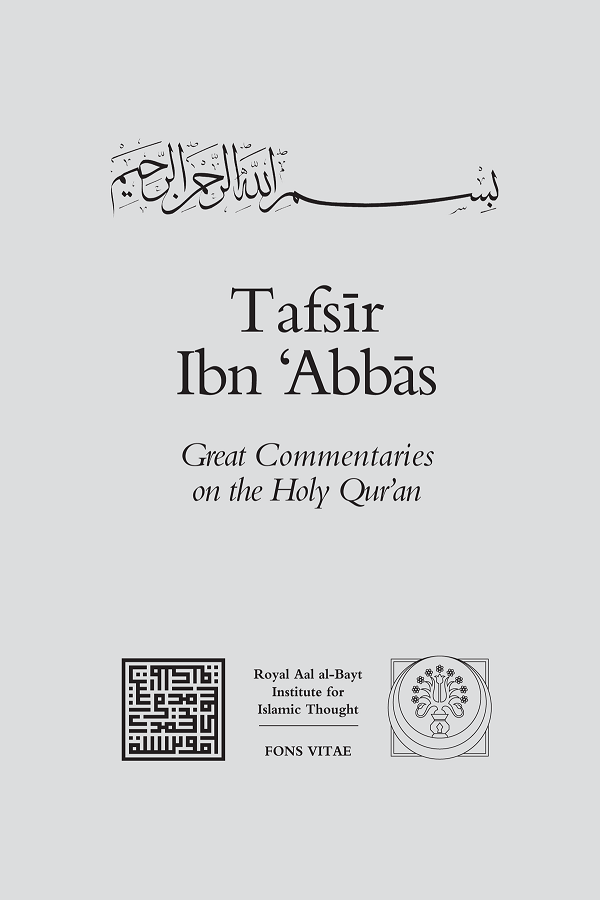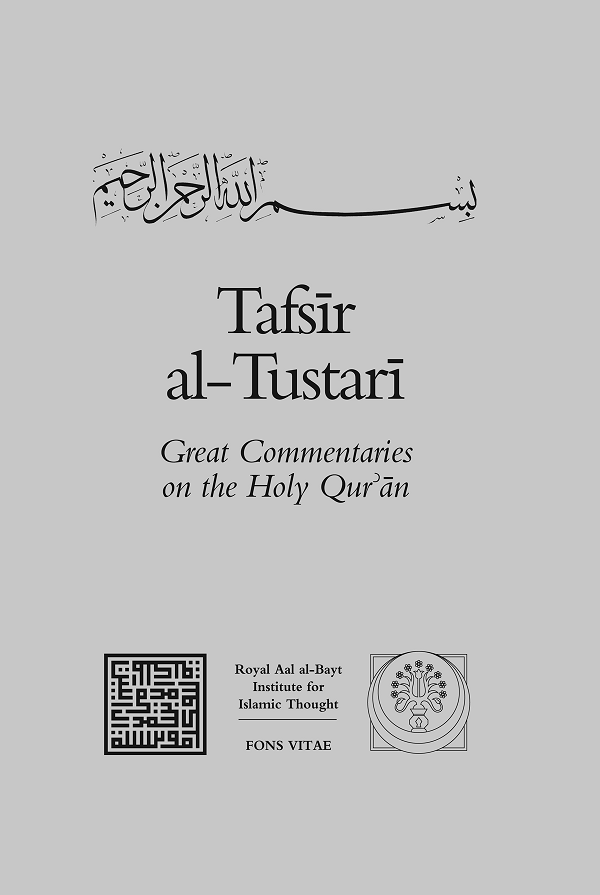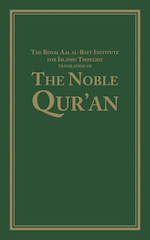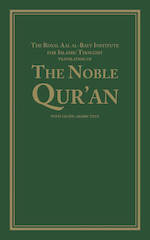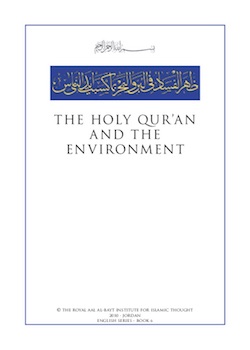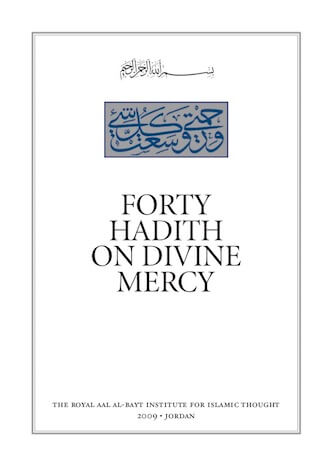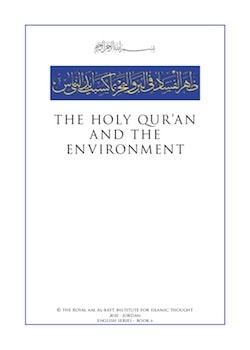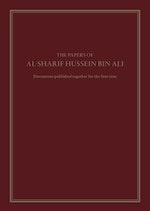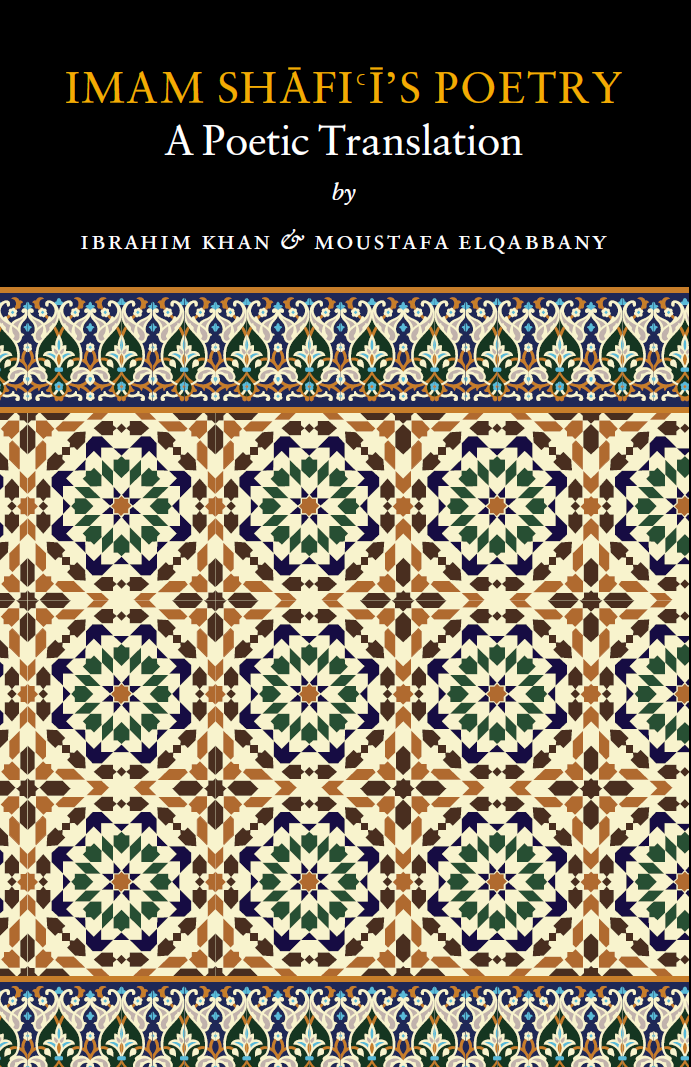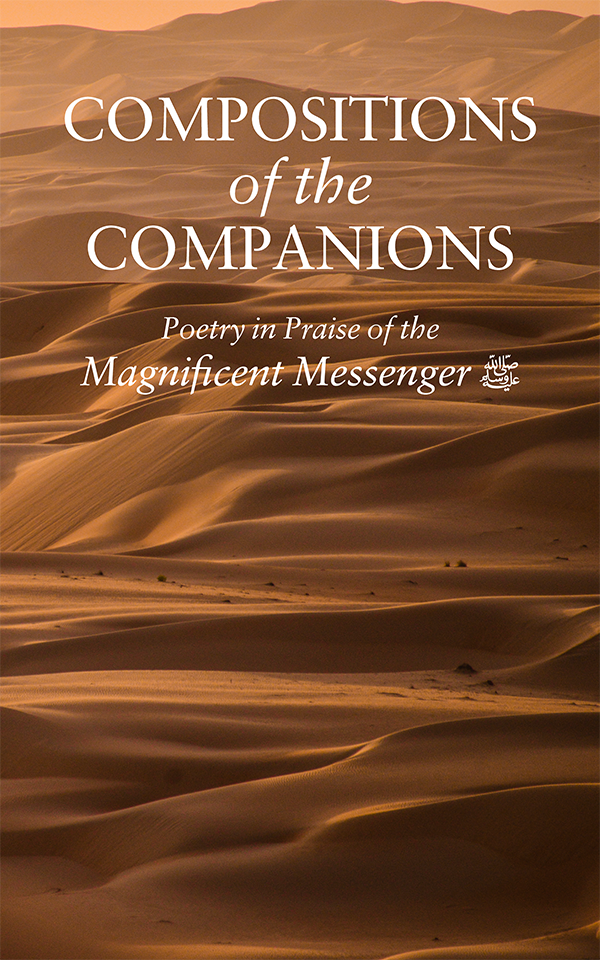Profile: Conservative chairman Baroness Warsi
As chairman of the Conservative Party, Baroness Warsi is the first Muslim woman to be a Cabinet minister.
Before that, she was shadow minister for community cohesion, with a reputation for speaking her mind.
She came to public prominence in 2009 after a well-reviewed performance on BBC One's Question Time when BNP leader Nick Griffin was on the panel.
There had been nervousness in Tory circles beforehand, as she was seen as somewhat gaffe-prone.
But David Cameron had long valued her plain-speaking approach - and the fact that she represented the sort of multicultural, classless party he wanted to build.
A comprehensive-school-educated Asian woman, who speaks with a Yorkshire accent, she has risen rapidly to the top of a party opponents often depict as being dominated by white, privately educated men. She arrived at her first cabinet meeting in May dressed in a traditional South Asian shalwar kameez.
'Working class'
She shares the role of party chairman with Baron Feldman of Elstree, a fashion tycoon and long standing friend of David Cameron, who does not attend cabinet.
But she is also a minister without portfolio, with licence to speak out on a range of issues - and she has not been afraid to court controversy, particularly when speaking out about what she sees as the rise of Islamaphobia in Britain.
Last year, she told the New Statesman: "If you have a pop at the British Muslim community in the media, then first of all it will sell a few papers; second, it doesn't really matter; and third, it's fair game.
"If you go back historically - [and] I was looking at some Evening Standard headlines, where there were things written about the British Jewish community less than 100 years ago - they have kind of replaced one with the other."
Educated at Leeds University, Baroness Warsi describes herself as a "Northern, working-class roots, urban, working mum".
In 2004, she gave up her job as a solicitor - and a £130,000 annual salary - to stand for Parliament in her home town of Dewsbury, West Yorkshire.
She lost to Labour's Shahid Malik, but was given a peerage to enable her to enter the shadow cabinet.
She served as a special adviser on community relations to previous Conservative leader Michael Howard and became a vice-chairman of the party in 2005.
Fluent in Punjabi, Urdu and Gujarati, she has a daughter, but her 17-year marriage ended in divorce three years ago.
In 2007 she was accused of pandering to the BNP - a claim she described as "ludicrous" - after she told a Sunday newspaper immigration had been out of control and was making people "uneasy".
By-election
Last year, she provoked a storm of protest by claiming electoral fraud "predominantly within the Asian community" had cost the Conservatives three seats at the general election, although she declined to name the seats in question.
On another occasion, a row erupted after she was reported as saying "Muslims that go to parliament don't have any morals or principles".
Her comments were made in Urdu, at a private dinner, and she said they had been misinterpreted.
"I said that the definition of a good MP is someone that stands up for their constituents and who understands the communities they represent, not necessarily someone that ticks a particular ethnic box," she explained in a statement.
She annoyed some in her party just last week, on the day after the poor Conservative showing in the Oldham East and Saddleworth by-election.
Responding to claims that they had run a deliberately half-hearted campaign, in order to give the Lib Dems a better chance, she said: "I would say to those who are critical: 'Unless you were here, unless you were out delivering and unless you were knocking on doors, you really don't have a right to complain about us not being vigorous enough'."
Some right wing commentators described it as her "nasty party" moment - referring to previous Tory chairman Theresa May's frank party conference speech that angered much of the rank and file.
Baroness Warsi says her admiration for Conservative principles is inspired by the example of her father, who made his way from working in a mill to running a £2m-a-year bed manufacturing firm.
The 39-year-old has also worked with Pakistan's Ministry of Law on a project to fight forced marriage.
Last year she was named one of the world's "500 Most Influential Muslims" by Middle East think tank the Royal Islamic Strategic Studies Centre. She also topped the UK's Muslim women power list.


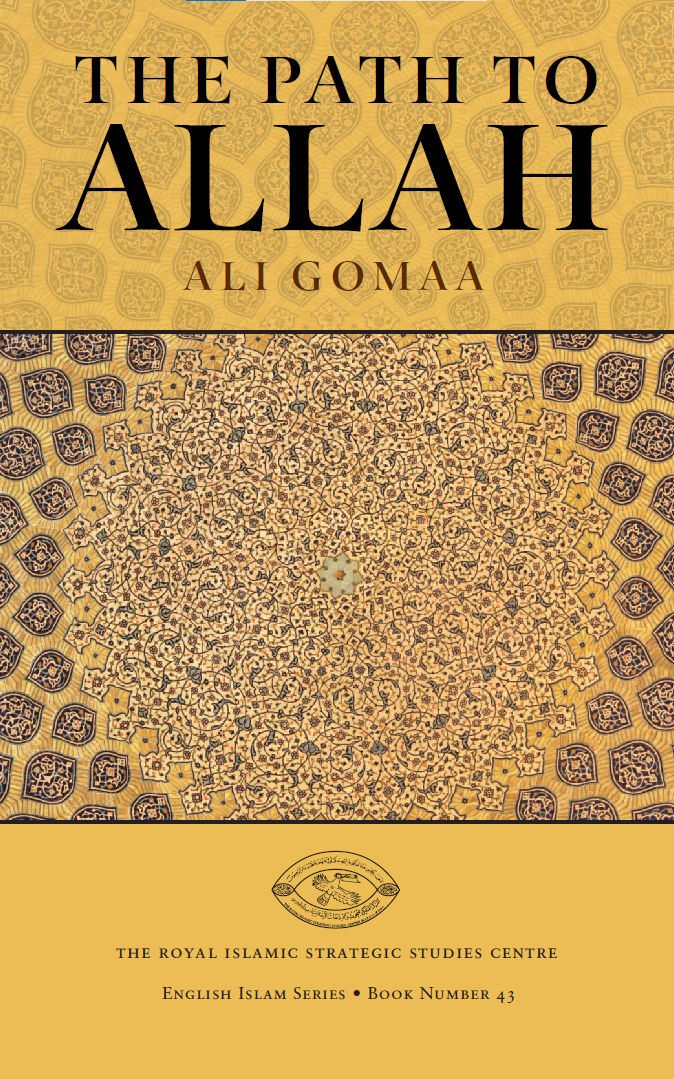
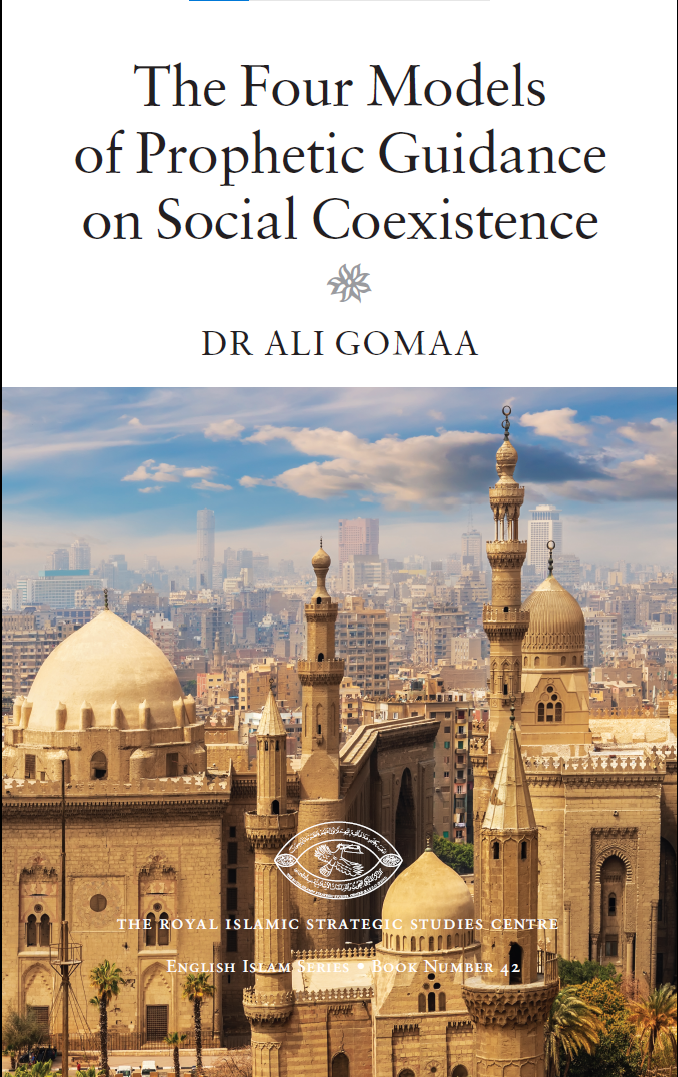
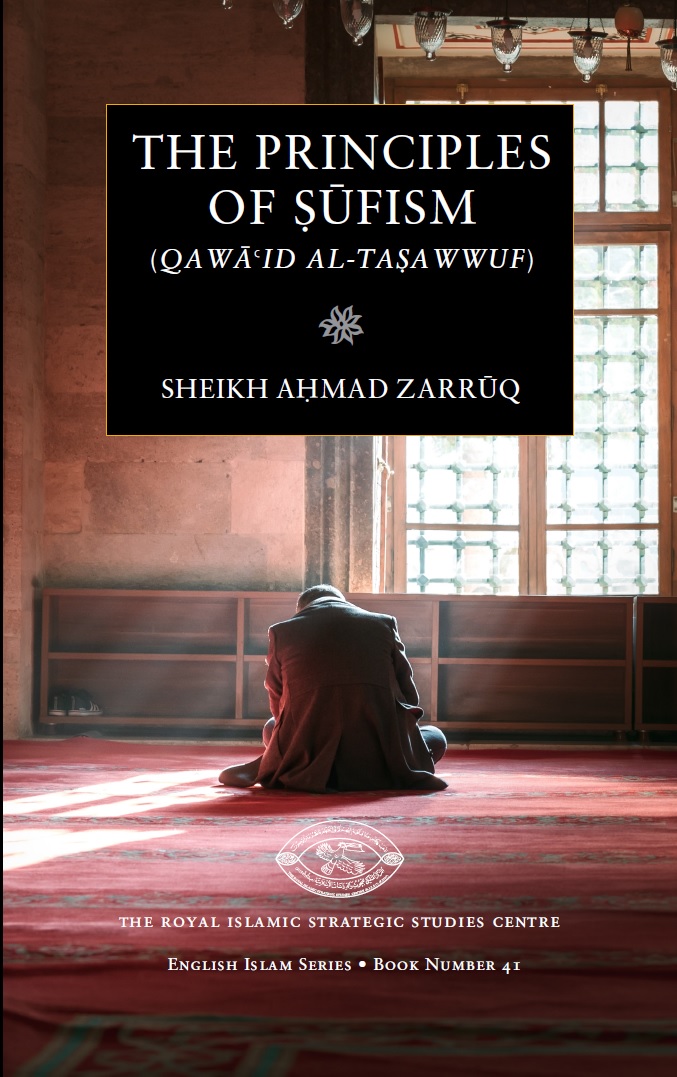
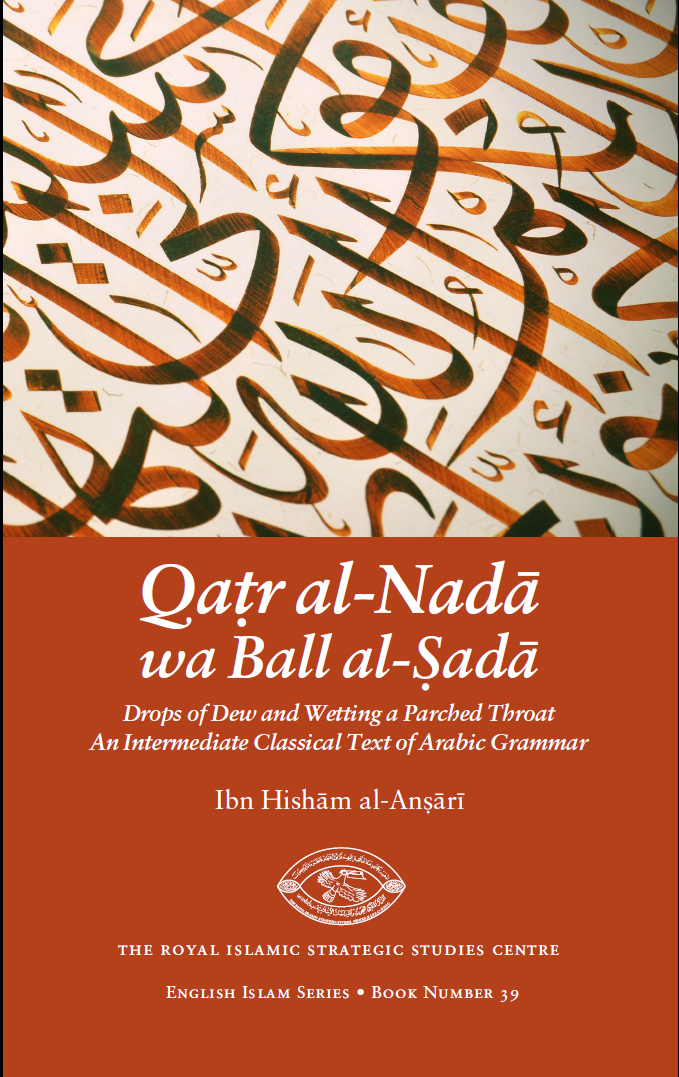
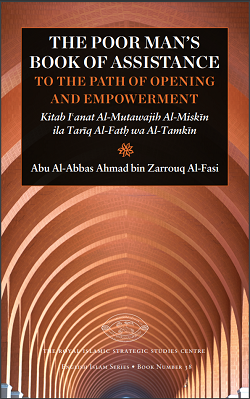
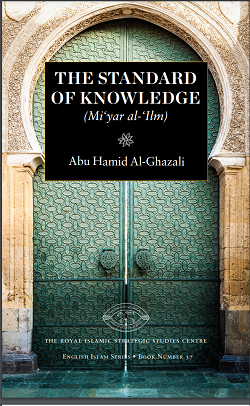
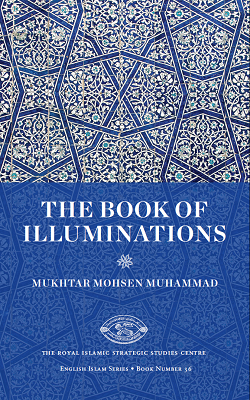
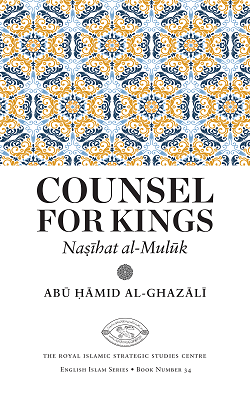
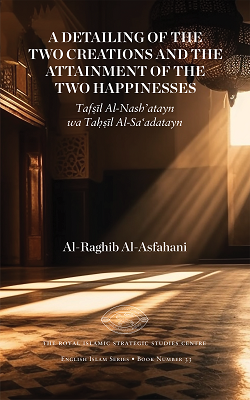
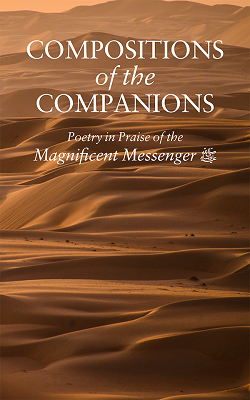
![OrnamentsofGatherings_EnglishArabic_BookSingles_05-06-23[63]_Page_001](https://rissc.jo/wp-content/uploads/2023/06/OrnamentsofGatherings_EnglishArabic_BookSingles_05-06-2363_Page_001-scaled.jpg)
